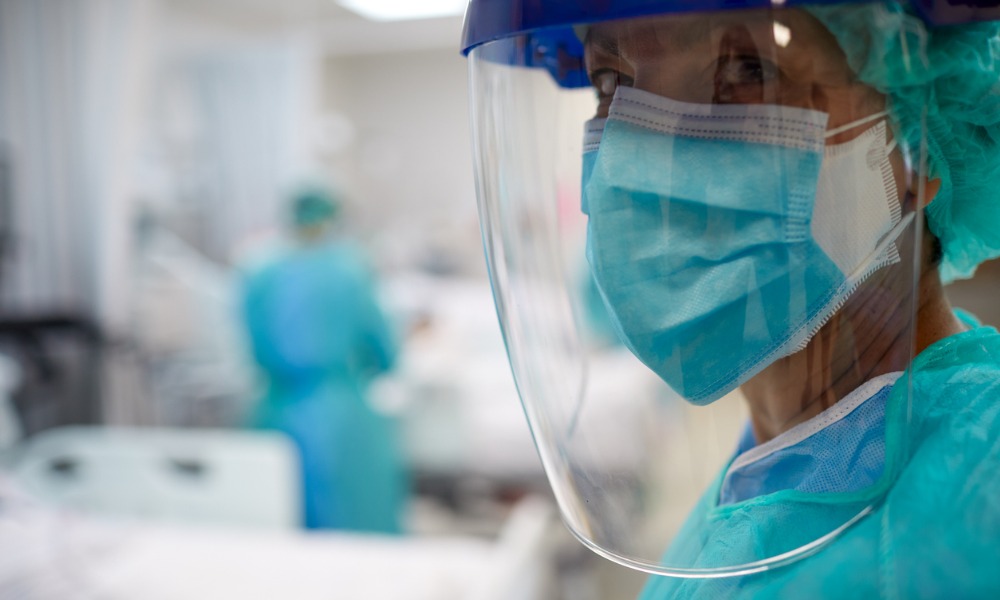
Looking to reduce spread of respiratory virus

Masking requirement is making a comeback in one Canadian province ahead of its respiratory virus season.
Starting Oct. 18, all health-care staff working in Manitoba hospitals, personal care homes and other health-care facilities will be required to wear a medical mask during direct interactions with patients, residents and clients. Staff providing care services operated by regional health authorities, including services in the community such as home care, will also be required to wear masks when providing care.
“This approach will help reduce the risk of spreading a respiratory virus from a health-care worker to a vulnerable patient, resident or client, particularly those who are more at risk of severe illness,” says the Manitoba government.
Meanwhile, masks will continue to be optional but recommended for visitors to health-care sites, and they will be available at sites for people who wish to wear one.
However, masks may continue to be required for visitors and other staff in locations where care is provided to highly immunocompromised people, such as cancer units or within the transplant program. Signage will clearly indicate these requirements.
Meanwhile, other community-based health settings, like doctors’ offices or supportive housing, will continue to be able to decide how and when masks may be used based on the needs of their clients, patients and staff.
Manitoba, along with other Canadian provinces, lifted its masking requirement earlier this year.
Manitoba is also reminding employers to consider the needs of their organization, clients and staff for this upcoming respiratory virus season. Public health encourages all employers to:
The provincial government’s announcement came after Ottawa issued a reminder about respiratory syncytial virus (RSV), a common respiratory virus that follows an annual seasonal pattern. In Canada, a wave of increased activity usually occurs from the fall to the early spring.
RSV usually causes a mild illness with cold-like symptoms. Symptoms often begin 2 to 8 days after exposure to RSV:
“If you or your child are infected, drink plenty of fluids and get lots of rest. You can use over-the-counter products such as acetaminophen or ibuprofen to manage fever. Speak to your health care provider if you're unable to use these medications,” says the federal government.
“In severe cases, a person who is having trouble breathing or becomes dehydrated may need to be admitted to the hospital. They may need oxygen and care. If you or your child are having difficulty breathing or are dehydrated, seek immediate medical care.”
An Ontario worker was not entitled to special COVID-19 sick leave benefits for staying home after concerns he might have been exposed to the virus, an arbitrator recently ruled.